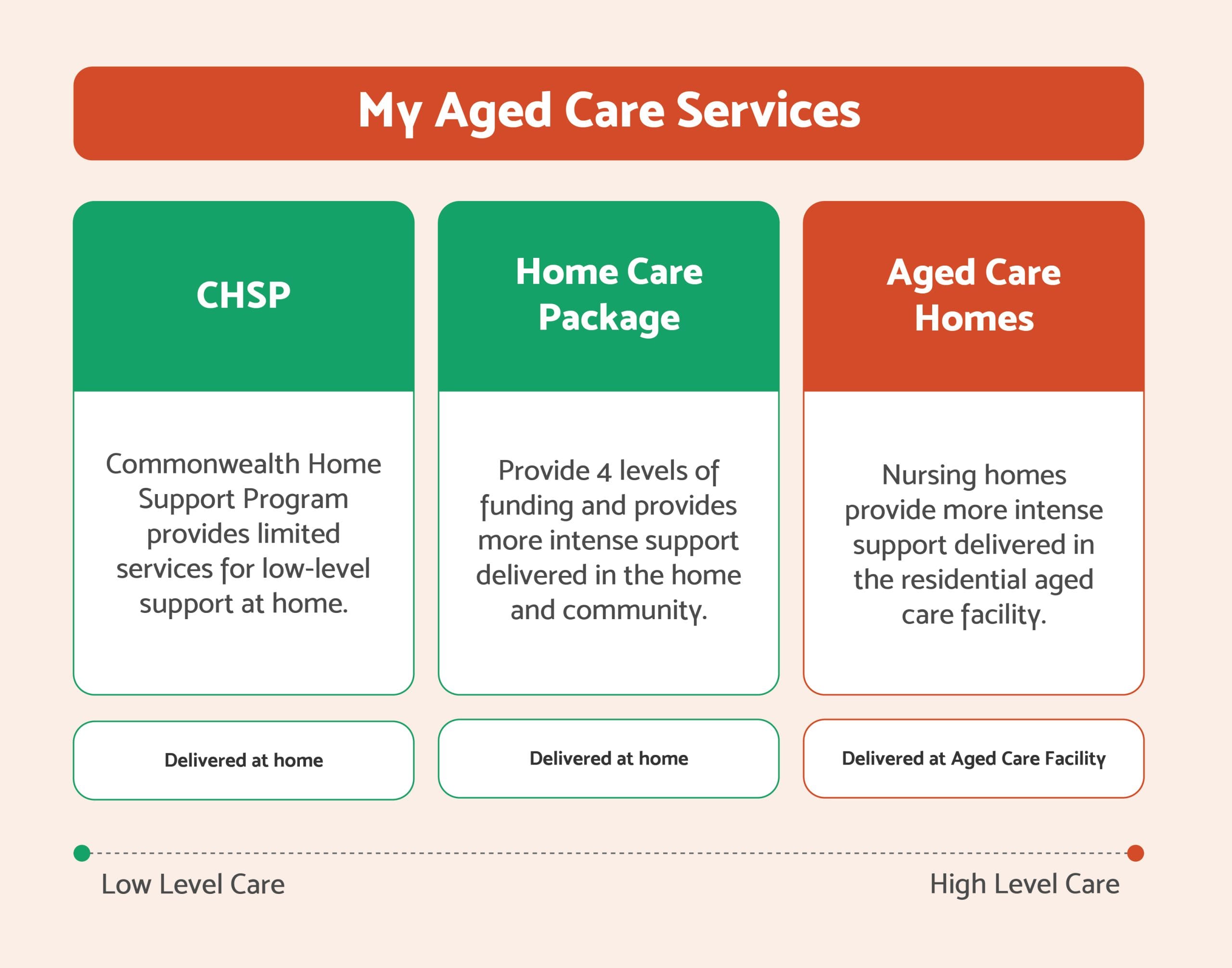Major questions to ask when evaluating home care providers for disability services
Major questions to ask when evaluating home care providers for disability services
Blog Article
All About Home Care Services for Individuals With Disabilities: NDIS Registered Assistance
Home treatment solutions under the NDIS play a pivotal duty in supporting people with impairments. These services are developed to enhance daily living through tailored assistance, ranging from personal care to flexibility support. Comprehending exactly how to navigate these alternatives can be complicated. This summary checks out the numerous aspects of NDIS home treatment, from readily available services to the option of providers, highlighting important considerations for those looking for support. The trip towards equipped care begins below.
Understanding the NDIS and Its Function
The National Disability Insurance Policy System (NDIS) acts as a transformative structure created to provide assistance and solutions for individuals with handicaps. Established to improve the lifestyle and warranty fair access to necessary resources, the NDIS equips individuals by providing personalized plans tailored to their special demands. It aims to cultivate independence, making it possible for people to pursue their individual goals and aspirations.Through an organized strategy, the NDIS allocates funding for numerous supports, consisting of education, work support, and area involvement. This comprehensive scheme not only concentrates on instant care but additionally emphasizes lasting developmental outcomes. By promoting option and control, the NDIS motivates individuals to choose their recommended company, ensuring that care aligns with their worths and choices. Inevitably, the NDIS stands for a substantial commitment to improving the lives of people with disabilities, cultivating inclusivity, and building an extra encouraging society.
Sorts Of Home Treatment Provider Available
Different types of home treatment solutions cater to people with impairments, largely focusing on individual care help and break treatment options. Individual care help supplies vital support with daily activities, while respite care provides short-term alleviation for key caretakers. Understanding these solutions is vital for making certain the well-being of both people with disabilities and their family members.
Personal Treatment Support
While steering day-to-day live can offer challenges for people with disabilities, individual treatment assistance uses important assistance customized to their unique requirements. This sort of home care service includes a series of tasks developed to advertise freedom and enhance high quality of life. Individual treatment aides aid with daily tasks such as bathing, dressing, brushing, and toileting, making certain individuals preserve personal hygiene and comfort. They may additionally aid with dish preparation, medicine administration, and flexibility assistance. By providing customized care, these experts equip people to involve even more completely in their daily routines and social tasks. In general, personal care support plays a substantial duty in cultivating self-respect and freedom for those with disabilities, permitting them to thrive in their home environment.

Respite Treatment Options
Respite treatment acts as a vital resource for family members and caretakers of individuals with disabilities, giving short-lived alleviation from the demands of day-to-day caregiving. This kind of solution can take different kinds, including at home reprieve care, where skilled specialists see the home to aid with care jobs. Family members may decide for facility-based respite treatment, where people get treatment in a specialized setting, allowing caretakers to take a break. In addition, some organizations offer emergency situation respite services for unpredicted situations. These alternatives not only assist ease caregiver tension yet also advertise the well-being of individuals with handicaps by offering them new experiences and social communication. Overall, break treatment plays a crucial function in sustaining both caretakers and those they care for.

Exactly How to Access NDIS Home Treatment Services
Accessing NDIS home care solutions includes recognizing the eligibility standards set forth by the National Handicap Insurance System. Individuals have to browse a structured application process to secure the required support tailored to their needs. This section will certainly make clear both the qualification demands and the steps involved in looking for services.
Eligibility Criteria Discussed
To get NDIS home treatment services, people need to meet specific qualification criteria that assess their situations and demands. Initially, applicants have to be matured in between 7 and 65 years and have a long-term and significant handicap that impacts their capacity to carry out day-to-day activities. In addition, they have to be an Australian resident, a permanent local, or hold a Protected Special Group Visa. The NDIS requires evidence of the special needs, normally through medical evaluations or reports. Individuals must show that they require assistance to get involved in economic and social life. These requirements assure that solutions are directed towards those that truly require assistance, promoting self-reliance and enhanced lifestyle for individuals with specials discover this needs.
Application Refine Actions
Can I Select My Very Own Assistance Employees With NDIS?
The specific inquired whether they might pick their own assistance employees under the NDIS framework. Generally, individuals have the versatility to choose assistance workers, promoting individualized care that aligns with their specific requirements and choices.
What Takes place if My Demands Modification After Receiving Assistance?
They should communicate these adjustments to their solution supplier if an individual's needs change after receiving assistance. Adjustments can be made to the treatment strategy, making sure that the support stays reliable and relevant for their circumstances.

Exist Restricts on The Amount Of Hours of Care I Can Get?
The private inquired about prospective restrictions on the number of care hours obtained. Generally, such limits might exist based on details plans or funding setups, highlighting the relevance of reviewing agreements and standards regularly.
Can I Use NDIS Financing for Home Adjustments?
The inquiry of utilizing funding for home modifications arises frequently. Typically, people might use NDIS funding for necessary modifications to their homes, guaranteeing availability and safety and security, section upon meeting particular eligibility criteria and guidelines.
Just how Do I Handle Issues Concerning My Home Treatment Solutions?
To deal with complaints concerning home treatment services, individuals need to initially document their concerns. They can communicate straight with their service company, seeking resolution, or escalate the issue to relevant oversight bodies if essential. Home care services under the NDIS play a critical look these up role in supporting people with handicaps. Various kinds of home care services provide to individuals with specials needs, mainly focusing on individual treatment assistance and reprieve care choices. support at home provider. Personal treatment help gives necessary support with day-to-day activities, while break treatment provides temporary alleviation for primary caretakers. Households may decide for facility-based reprieve care, where people obtain care in a specialized environment, permitting caregivers to take a break. How can family members efficiently take care of the economic aspects of home care solutions for people with impairments?
Report this page